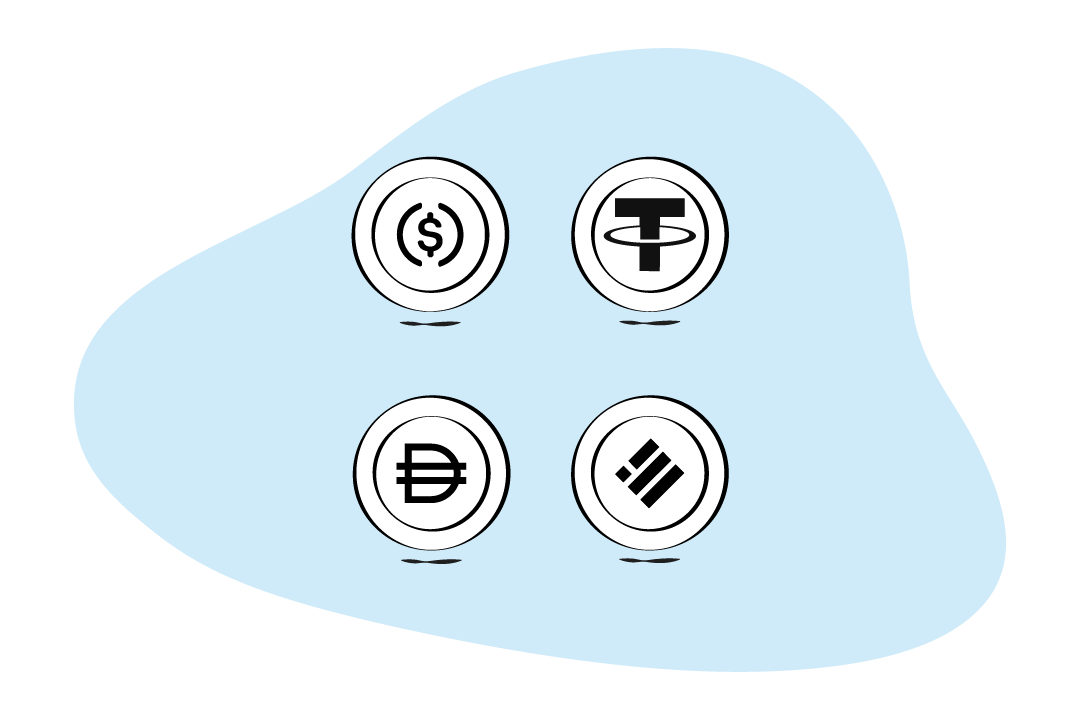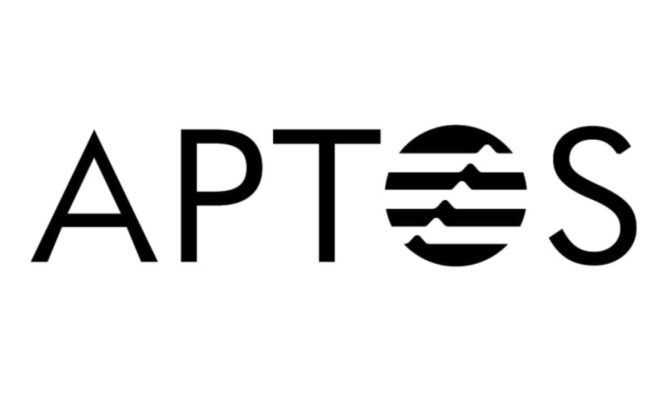Introduction
Imagine navigating the turbulent seas of cryptocurrency without a reliable anchor. In a market notorious for its volatility, stablecoins have emerged as the essential lifeline for investors seeking stability and liquidity. Among these, Tether (USDT) and USD Coin (USDC) continue to dominate the landscape in 2024. But with evolving regulations, market dynamics, and technological advancements, which of these stablecoins truly offers better stability today? Let’s delve into a comprehensive evaluation to help you make informed decisions in the ever-competitive crypto space.
Understanding the Titans: USDT and USDC
USDT: The Pioneer of Stablecoins
Launched in 2014, Tether (USDT) has established itself as the stalwart of the stablecoin market. With a current market capitalization exceeding $83.4 billion, USDT provides unparalleled liquidity and is widely accepted across numerous exchanges and platforms. Its longevity and widespread adoption have made it a go-to choice for traders looking to quickly move in and out of volatile crypto positions without reverting to traditional fiat currencies.
USDC: The Trustworthy Contender
On the other hand, USD Coin (USDC) is the leading stablecoin when it comes to transparency and regulatory compliance. USD Coin (USDC) is the leading stablecoin with a robust market cap of around $27 billion. Launched in 2018 by Centre—a consortium founded by Circle and Coinbase—USDC has quickly gained traction for its commitment to full reserve backing and adherence to stringent regulatory standards, making it a favorite among institutional investors and businesses.
Criteria for Evaluating Stability
When assessing the stability of USDT and USDC, several key factors come into play:
1. Reserve Transparency and Audits
2. Regulatory Compliance
3. Liquidity and Adoption
4. Technological Infrastructure
5. Interest and Lending Opportunities
Let’s explore how USDT and USDC stack up against each other across these dimensions.
Reserve Transparency and Audits
USDT
USDT has faced criticism in the past regarding the transparency of its reserves. Although Tether has made efforts to increase disclosure, providing periodic attestations of its reserves, skeptics argue that these reports lack the depth and frequency required for complete trust. The controversies surrounding its backing have led to legal challenges and fines, raising concerns about its long-term stability.
USDC
In contrast, USDC prides itself on full transparency, undergoing regular audits by reputable third-party firms. These audits confirm that every USDC token is backed 1:1 with actual US dollars held in reserve. This commitment to transparency instills greater confidence among users and regulators alike, positioning USDC as a more trustworthy option for those prioritizing verifiable backing.
USDT
Tether operates in a somewhat gray regulatory area, facing scrutiny from various jurisdictions over the years. While it has managed to navigate these challenges without major disruptions, the lack of clear regulatory compliance poses potential risks, especially as global authorities tighten regulations around digital assets.
USDC
USDC has been proactive in adhering to regulatory requirements, working closely with financial authorities to ensure compliance. Its regulated framework makes it more resilient to legal challenges and regulatory changes, offering users peace of mind and reducing the risk of sudden operational disruptions.
USDT
With its early entry into the market, USDT enjoys unmatched liquidity and is supported by virtually all crypto exchanges and trading platforms. This extensive adoption facilitates seamless transactions and high trading volumes, making it exceptionally convenient for day-to-day trading and cross-exchange arbitrage.
USDC
While USDC’s liquidity is substantial and growing, it still trails behind USDT in terms of widespread adoption. However, USDC has made significant strides by integrating with various decentralized finance (DeFi) platforms and being favored in institutional circles, indicating a promising trajectory towards broader acceptance.
USDT
USDT operates across multiple blockchain networks, including Ethereum, Tron, and more, providing flexibility and accessibility. However, network congestion and high transaction fees, particularly on Ethereum, have occasionally hindered its efficiency.
USDC
USDC also boasts multi-chain support and has been at the forefront of adopting emerging blockchain technologies to enhance scalability and reduce transaction costs. Its integration with platforms like Algorand and Solana showcases a commitment to innovation and improved user experience.
Interest and Lending Opportunities
In 2024, the demand for earning passive income through crypto assets has surged, making lending and interest-bearing opportunities a crucial consideration.
USDT
USDT offers various lending options across multiple platforms, but the interest rates and security measures can vary significantly, requiring users to exercise due diligence.
USDC
USDC Lending has become increasingly attractive due to competitive interest rates and the security offered by reputable platforms. For those looking to maximize returns while maintaining stability, USDC Lending provides a range of options tailored to different risk appetites and investment strategies.
For comprehensive comparisons and the best lending rates, platforms like Bitcompare offer invaluable resources to help investors make informed choices.
Choosing between USDT and USDC in 2024 ultimately depends on individual priorities and use cases. If immediate liquidity and widespread acceptance are paramount, USDT remains a strong contender despite lingering transparency concerns. Conversely, for those who value regulatory compliance, transparency, and institutional trust, USDC emerges as the more stable and secure choice.
As the crypto ecosystem continues to mature and regulatory frameworks evolve, USDC’s commitment to compliance and transparency positions it favorably for sustained growth and stability. Meanwhile, USDT’s dominance in liquidity and market presence cannot be overlooked, though users should remain cognizant of its associated risks.
Investors are encouraged to assess their specific needs, risk tolerance, and the evolving market conditions when deciding between these stablecoins. Diversification and staying informed through reliable sources will be key to navigating the dynamic landscape of digital assets successfully.



